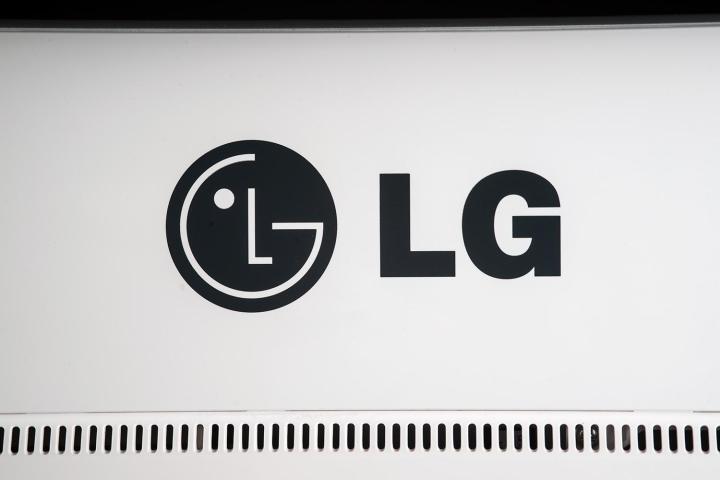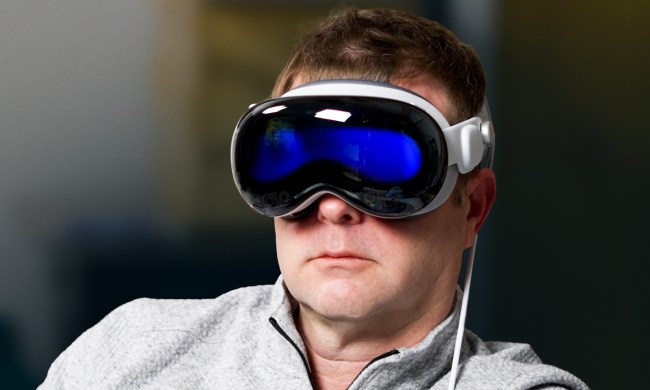
The headset utilizes a grommet system that allows it to split into two discrete parts, according to documents uncovered by the Dutch website LetsGoDigital. A spring-loaded mechanism will attach the two pieces securely enough such that they won’t fall apart as the user is moving around.

Another innovation detailed in the patent application is the presence of integrated earbuds. This feature is broadly similar to the way that the recent hardware revision of the PlayStation VR headset handles audio, according to Road to VR.
At this point, there is no confirmation that these patent drawings actually relate to the hardware that LG was touting earlier this year. It’s all a question of whether the company has more than one headset in the works, and whether this design is set to be implemented in the immediate future, or further down the line.
When LG discussed its headset, details were scarce, but we did learn that it is set to utilize the SteamVR platform. This could turn out to be crucial if it’s intended to go head-to-head with hardware like the Rift and the Vive, which are already well-established among VR aficionados.
SteamVR support will allow LG’s headset to support a wide range of software straight out of the box. That’s going to be very important if the hardware is to have any chance of tempting people away from other brands.
The unusual design that LG is pursuing could set it apart from other hardware on the market. Of course, there are two main factors that will decide whether a new headset is to be a success; the software that it’s compatible with, and its pricing.
The market for VR headsets is still relatively new, so LG could potentially carve out its own niche with a compelling new product — still, it has an uphill battle ahead if it’s to compete with Oculus and HTC.


